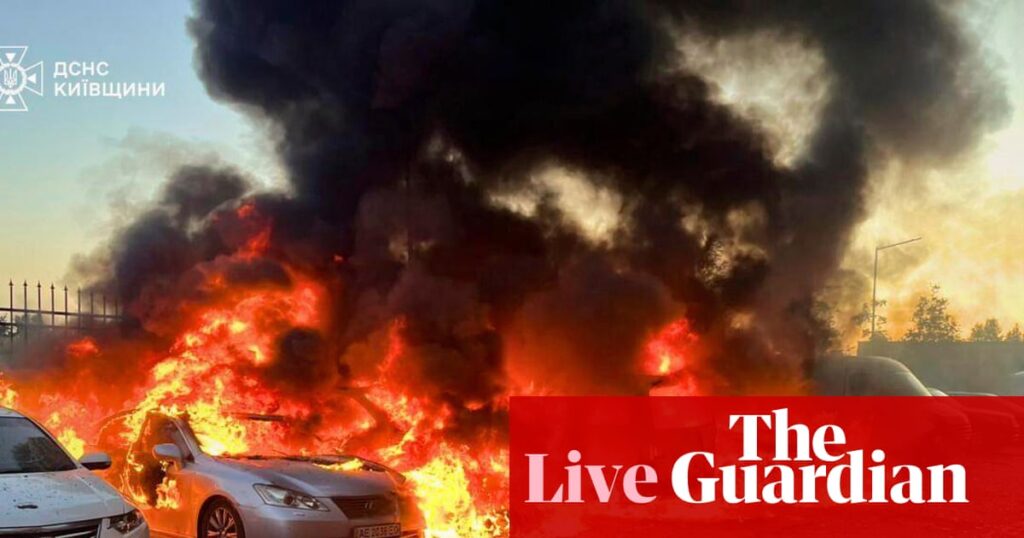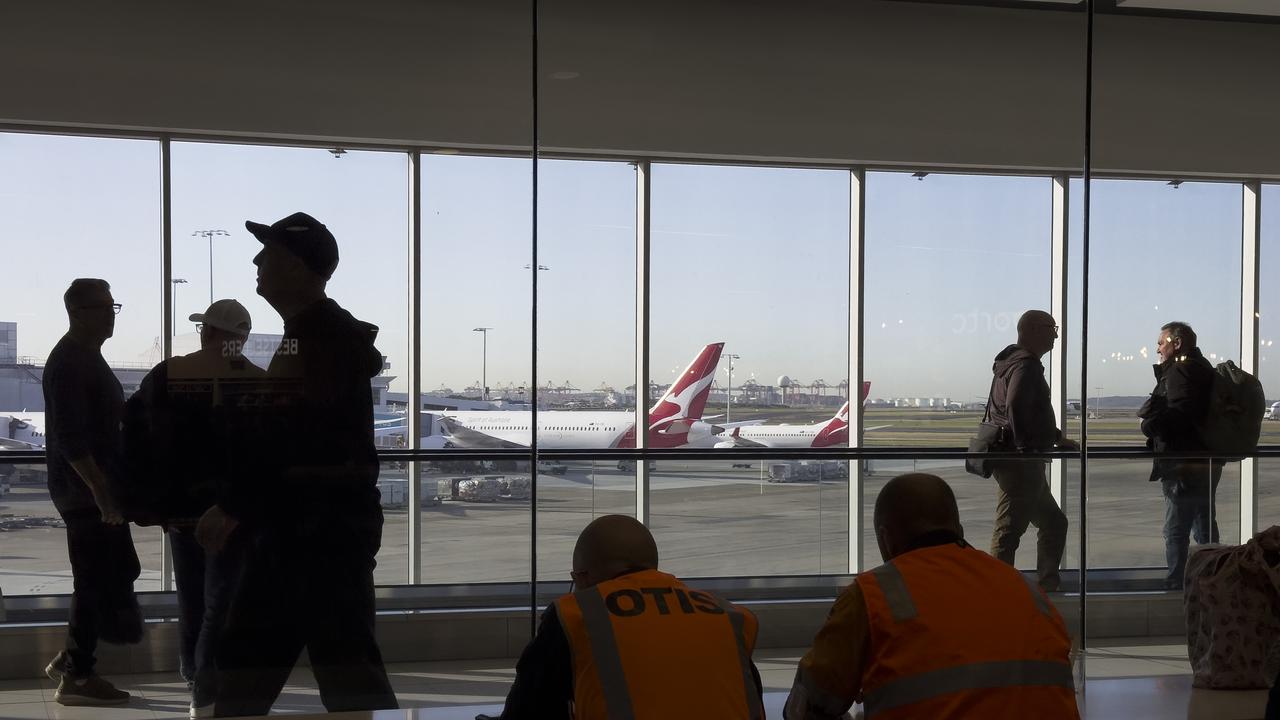
In a dramatic response to escalating tensions, Poland deployed its aircraft early Saturday to protect its airspace following a massive Russian airstrike on Ukraine. The attack, which targeted areas near the Polish border, prompted the NATO-member country to take swift action to ensure regional security.
According to the Polish Armed Forces, both Polish and allied aircraft were mobilized, with ground-based air defense and radar systems elevated to their highest state of readiness. The operational command confirmed this in a post on the social media platform X, emphasizing the preventative nature of the measures.
The incident unfolded as nearly all of Ukraine was placed under air raid alerts around 03:40 British time, with warnings from the Ukrainian air force about incoming Russian missiles and drones. The operation concluded shortly after 05:00 British time, as the Russian airstrikes subsided, according to Polish military officials.
Massive Attack on Ukraine
The airspace defense operation by Poland follows a significant Russian offensive involving 40 missiles and approximately 580 drones. Ukrainian President Volodymyr Zelenskyy reported that the attack resulted in three fatalities and injured dozens more. He condemned the strikes as a deliberate strategy to terrorize civilians and urged international allies to bolster Ukraine’s air defense capabilities and impose additional sanctions on Moscow.
“Every such strike is not a military necessity but a deliberate strategy by Russia to terrorize civilians and destroy our infrastructure,” Zelenskyy stated on social media. Mykola Kalashnyk, head of the Kyiv regional military administration, confirmed that peaceful settlements were under attack.
International Reactions and Security Concerns
The incident has raised alarms across Europe, with NATO members closely monitoring the situation. The Polish response highlights the growing concern over regional security and the potential for the conflict to spill over into neighboring countries.
Meanwhile, the outgoing head of MI6, Richard Moore, criticized Russia’s actions, stating that President Vladimir Putin has “bitten off more than he can chew.” In a farewell speech in Istanbul, Moore emphasized the high costs of Russia’s military endeavors and the agency’s efforts to recruit spies to counter Russian aggression.
“Putin has sought to convince the world that Russian victory is inevitable, but he lies. He lies to the world. He lies to his people. Perhaps he even lies to himself,” Moore asserted.
Cyber-Attacks and Broader Implications
Amid the military tensions, a cyber-attack disrupted operations at several major European airports, including London’s Heathrow and Brussels. The attack affected check-in and boarding systems, causing flight delays and cancellations. Collins Aerospace, the service provider, is working to resolve the issue, which has forced airports to revert to manual operations.
Polish authorities, while not directly impacted by the cyber-attack, are in close contact with European counterparts to monitor the situation. Deputy Prime Minister Krzysztof Gawkowski reassured that there were no immediate threats to Polish airports.
Looking Forward
The recent developments underscore the volatile nature of the conflict and its broader implications for European security. As Ukraine continues to withstand Russian aggression, the international community faces mounting pressure to respond decisively.
Ukrainian President Zelenskyy is set to meet with former US President Donald Trump at the upcoming UN General Assembly to discuss security guarantees and further sanctions on Russia. This meeting could play a crucial role in shaping the international response to the ongoing crisis.
As the situation evolves, the world watches closely, hoping for diplomatic solutions that could prevent further escalation and bring peace to the region.







